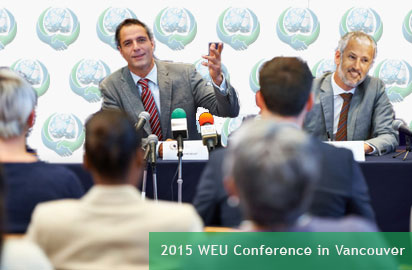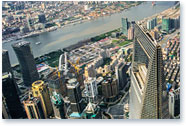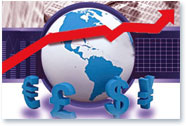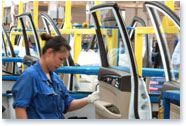Identifying and Encouraging a Country's Economic Advantages and Resources Decreases Poverty and Increases Global Success
The World Economic Union is committed to reducing the number of global citizens who lack access to educational and economic resources which hold them back from living above the poverty line. To do this, we follow the latest economic theories, intergovernmental trade agreements and policies, and business interests from the world's most successful corporations. With this, our goal is to educate every country, rich and poor, on how they can better utilize their resources while benefiting the world as one united front. We believe every country has value and potential. It's our mission to open a global discussion that removes barriers to success and introduces co-operative and sustainable economic relationships, where possible.






